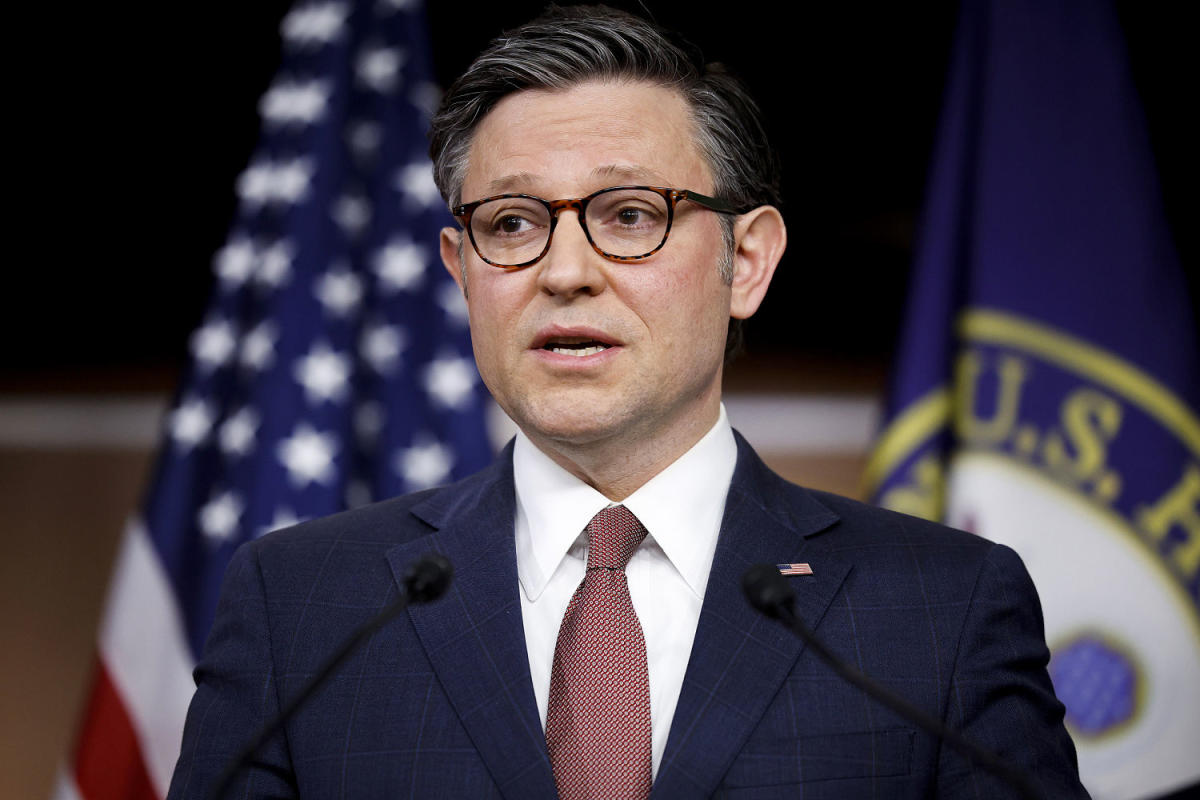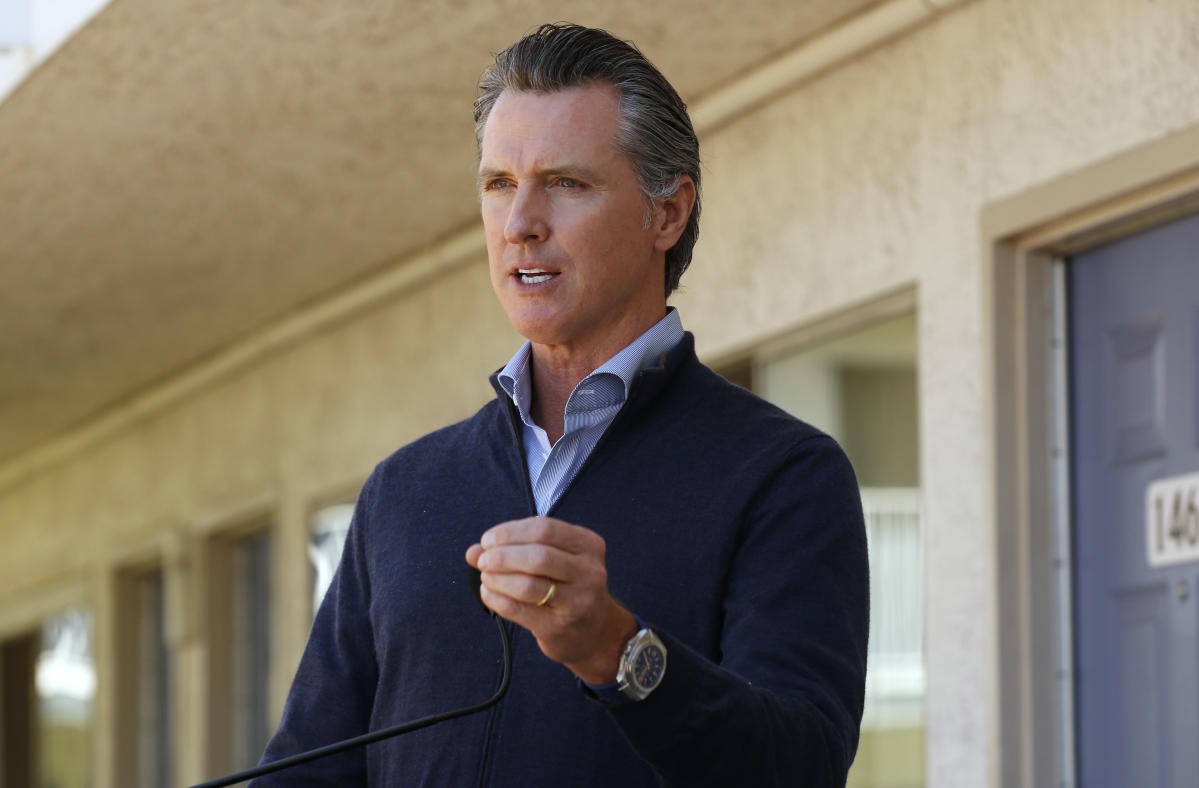(Bloomberg) — South Korean police are set to question key figures in a walkout by thousands of doctors who oppose a plan to increase medical school enrollments as the government prepares punishments for those who defy orders to return to work.
Most Read from Bloomberg
Joo Sooho, a spokesman for the Korean Medical Association, said by text message he was going in for questioning by police on Wednesday. Police have also summoned other members of the KMA, the country’s biggest lobby group for doctors, to appear for questioning this week, Yonhap News agency reported.
President Yoon Suk Yeol’s government has threatened to revoke the licenses of doctors for leading a labor action it says violates medical laws. It is also looking at suspending the licenses of thousands of trainee doctors for three months for defying the return-to-work order, a move that could set them back on their career paths and affect employment prospects.
Joo told reporters in front of the police station he has never encouraged the walkout, which was staged voluntarily, Yonhap said.
About 7,000 of the country’s 13,000 trainee doctors, who are similar to medical residents, have not returned to work by the government’s deadline of the start of March, according to the Health and Welfare Ministry. The walkout has led to about a 50% reduction in surgeries and decreased staffing levels at emergency rooms, it said.
Yoon’s government has said it will not budge on its plan to increase to annual enrollment at medical schools by 2,000 from the current 3,058 to alleviate a doctor shortage that ranks among the most acute the developed world. It argues the number has not risen for nearly three decades and needs to increase to help the country cope with the medical needs of a rapidly aging population.
The KMA and doctors in the walkout contend the enrollment plan won’t fix fundamental problems such as a shortage of physicians in fields seen as lower paying, a concentration of doctors in urban areas and a malpractice system they say makes it difficult for them to do their jobs effectively.
With doctors and the government at loggerheads, the walkout could take time to reach a resolution. As a way to fill gaps in the system so far, the government has opened up emergency rooms at military hospitals to the public, allowed telemedicine nationwide and encouraged people with minor illnesses to visit local clinics in their neighborhoods.
Read more: South Korea Has Plan Ready for Prolonged Walkout by Doctors
The country is prepared for a worst-case scenario in which a large number of the trainee doctors in the walkout don’t return to work, Health and Welfare Minister Cho KyooHong said in an interview with Bloomberg News on Tuesday, without going into details of contingency plans.
Most Read from Bloomberg Businessweek
©2024 Bloomberg L.P.
Signup bonus from





